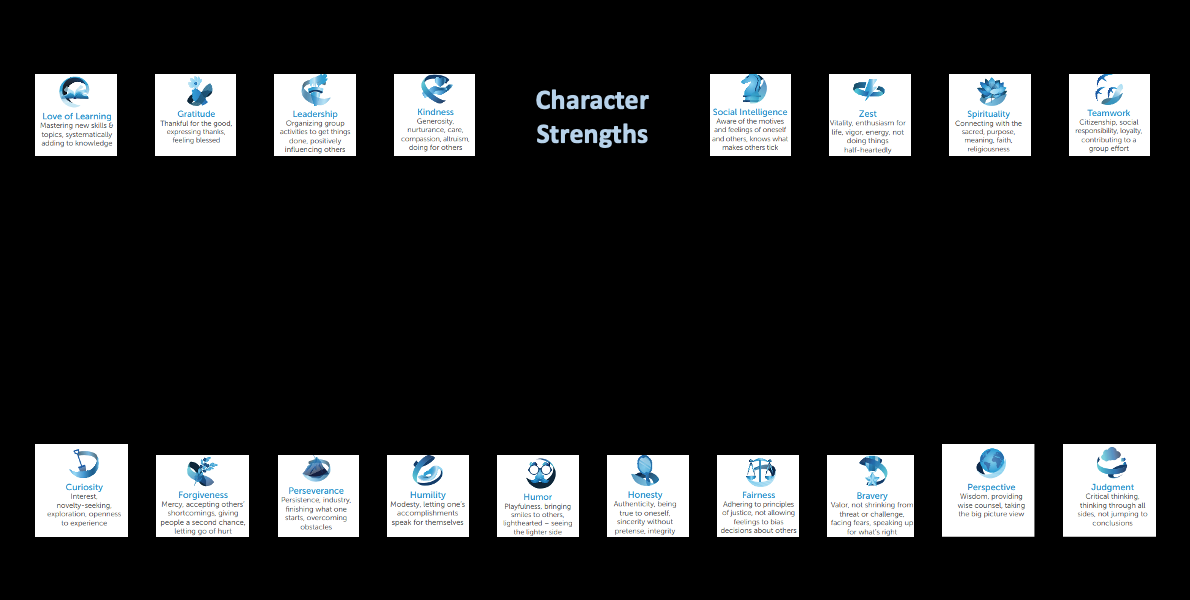How the Supreme Court Ruling is Affecting College Application Essays
A Sea Change in College Admissions: How the Supreme Court Ruling is Affecting Application Essays
It’s not often that decisions handed down by the United States Supreme Court directly impact how colleges conduct their recruitment and admissions processes. Having said that, this past June, the Supreme Court’s ruling against race-conscious admissions policies at both the University of North Carolina and Harvard University turned the world of college admissions upside down.
Universities had questions. Counselors had questions. Parents and students had questions. Many still do. However, some answers have started to surface. One such answer came from many universities and colleges across the country by way of their supplemental essay prompts.
But, before we get into that, let’s take a step back and understand how this all came about. In order to understand this, we must first understand what “race-conscious” admissions practices even means.
RACE-CONSCIOUS ADMISSIONS
Essentially, if a school is “race-conscious” in their admissions policies, it means that, not only do they ask you to identify your race and/or ethnicity in your application but they also utilize that information as a factor when evaluating your application. Universities state that the reason for using these types of admissions practices is to ensure that they build diverse freshman classes, and by extension a diverse student body, each year.
Based on the equal protection clause of the 14th amendment to the constitution, Students for Fair Admissions challenged "race-conscious" admissions and stated that these policies were discriminatory in nature and therefore unconstitutional. Ultimately, the Supreme Court agreed in a 6-3 decision. However, in his majority decision, Chief Justice John Roberts wrote, “Nothing prohibits universities from considering an applicant’s discussion of how race affected the applicant’s life, so long as that discussion is concretely tied to a quality of character or unique ability that the applicant can contribute to the university,” We’ll come back to this later but for now, we’re not going to argue the merits of the decision either way.
Instead, we’re going to discuss the ramifications of this decision and how it has affected the applications you will be completing soon, or are already working on. Most students in the United States opt to utilize the CommonApp for their applications. As such, we’re going to focus on the changes to this application system. Let’s jump in!
THE DEMOGRAPHICS SECTION
If you’re a senior, you’ve probably already at least looked through your CommonApp account (if you haven’t, I definitely recommend familiarizing yourself with it. November 1 is going to come quicker than you think!).
If you’ve already done so, however, you will see that within the Profile Section of the CommonApp tab, the Demographics section, including questions about an applicant's race and ethnicity, is still there!
Wait, what? How are those questions still there if the Supreme Court just said that universities can’t ask for that data? Great question. CommonApp has left those questions in the CommonApp section for their own data purposes. The Common App still wants to collect demographic data to understand their users. However, this information will be hidden from the universities. So, yes, when you’re completing your application, you will still have the ability (because the section is completely optional) to check demographic boxes, but know that the universities you are applying to will not see that information about you.
But, what if you want them to know this information? Another great question. See? I told you everyone has questions about this. When Chief Justice Roberts wrote his opinion he provided something of a loophole. Let’s talk about it.
HOW UNIVERSITIES HAVE ALTERED THEIR APPLICATIONS
The thing about this whole situation is that universities still want to know your demographics. They want to understand you and your character. They want to know who you are, where you came from, how your experiences and upbringing has helped you develop into the amazing person that you are today. The reality is, that for many students, their race, ethnicity, and culture plays a major role in that character development. So, how do you, the applicants, make sure that the universities know this about you?
The universities answered this question by altering, or adding, supplemental essays. We all know that in addition to your personal statement essay, universities often add supplemental essays that ask a specific prompt in order to discern specific information about you. For example, many ask “Why Us?” or “Why Major?” in an effort to understand why you want to attend their institution or to get a better picture of how you developed your academic interests and what you want to do with them in the future.
Now, utilizing carefully worded prompts, universities can give you space to talk about your demographics in a way that the Supreme Court will allow. For example, University of Maryland asks”
“Because we know that diversity benefits the educational experience of all students, the University of Maryland values diversity in all of its many forms. This includes (but is not limited to) racial, socio-economic, gender, geographical, and sexual orientation. We are interested in hearing about your own individual life experiences. In a few sentences, will you please describe how you have learned, grown, been inspired or developed skills through one or more components of diversity”
And, Boston College poses the question:
- “In her November 2019 Ted Talk, ‘The Danger of a Single Story,’ Chimamanda Ngozi Adichi warned viewers against assigning people a ‘single story’ through assumptions about their nationality, appearance, or background. Discuss a time when someone defined you by a single story. What challenges did this present and how did you overcome them?”
Universities got creative. Instead of explicitly asking what your race or ethnicity are, they are providing you the opportunity to explain elements of your culture or upbringing that are pertinent to your development. You could choose to talk about your race, ethnicity, culture, socio-economic status, religion, or a number of other things that are unique to your experience. This is the workaround.
The question now: if I want admissions committees to know my demographic information, how do I answer these questions?
HOW TO NAVIGATE THESE SUPPLEMENTAL ESSAY PROMPTS
If you believe your race, ethnicity, religion, culture or any piece of your identity was crucial to the core of who you are, had a significant impact on your perspective, worldview, understanding of the world, or ultimate career/life goals then talk about it in your essay.
For example, if you desire to go to university to major in political science and one day work in immigration law because you have personal experience as an immigrant to the United States, talk about it. Explain your own experience, talk about how this experience has shaped your perspective and understanding, and draw the connection from your past to your future.
If the Algerian-American culture you grew up in helped to shape your understanding of the importance of helping others by being a steward of your community, talk about it. Explain to the admissions officers how you witnessed this growing up, how you developed a passion for service, and how those moments from your life have shaped what you plan to do in the future. This helps the officers understand who they would be bringing to campus if they offered you admission.
If you have encountered identity-based discrimination or prejudice, been passed over for opportunities because of how you look, sound, or identify, or been reduced to a stereotype and those experiences have impacted who you are or what you want to do in life, you can talk about it.
The list of examples could go on and on. The main point is to first reflect on your own life experiences and determine if who you are, your character, strengths, and skills have been shaped by your identity or your demographics. If so, these are things you should be proud of. So, talk about it. Universities that value the diversity of both perspectives and experiences want to hear about your experiences. And, these supplemental essays are the perfect place to tell them.
For some students, however, their identity or demographics may not have played a role in their development. If you’re a part of a prevalent race or ethnicity in your region, or maybe just don’t have a significant personal experience that was directly tied to your demographics, you can still answer these prompts in a way that is compelling to the admissions readers. However, each prompt is a little different. And, that will play a factor in how you answer them.
If the prompt is along the lines of that of Boston College’s prompt from above – asking if you’ve ever been reduced to a “single story” or stereotype, and you have, just not a racially or ethnically based stereotype, you can tell that story. If you have been fortunate enough to never have run into this situation, you can speak about a time when someone underestimated you, a time when you proved someone wrong, or a time when you witnessed someone else being stereotyped. Then, talk about how those experiences impacted you and how your outlook or actions changed following that encounter.
If the prompt is more like that of the University of Maryland’s above, that asks how your identity and experiences have shaped you, then you can talk about any aspect of who you are and how that’s impacted your development. Are you a middle child and therefore constantly mediating for your siblings and now you want to go into mental health counseling because of it? Awesome. That’s a connection between your upbringing and your future. Did you grow up with a transgender sibling and that helped you to become an empathetic activist? Amazing. That shows that you can reflect upon your experiences, analyze their effect on you, and connect it with your current and future goals.
Regardless of whether or not your racial and/or ethnic background has helped to shape your character, you will be able to answer these new supplemental prompts. You all have pieces of your identity that have strengthened your character. All in all, that’s what the universities are interested in. What are your experiences, what are your perspectives, how did you become you, and how do you plan on leaving their campus a better place?
If you’re ready to dive deeper into your college application, check out the guide that our college admissions experts put together to help you navigate all the criteria admissions committees look at.



.png)